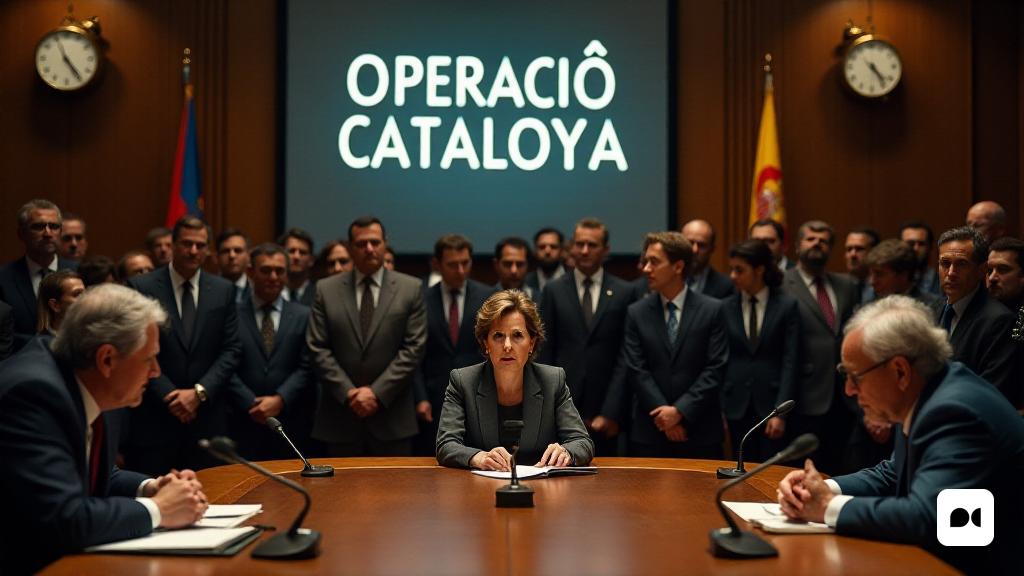Parliamentary and Denial Scanning
Research on Operation Catalonia and its connection with the Andorran case of the BPA has become one of the most controversial episodes of today’s Spanish politics. Despite irrefutable tests, including recordings of the former commissioner José Manuel Villarejo, several Popular Party members (PP) have maintained an absolute denial stance, saying that the operation never existed. María Dolores de Cospedal, former Secretary -General of the PP, has come to say that the recordings involved are falsified by artificial intelligence technology.
Demands of new statements
In the face of this landscape of Desvergony, the representatives of ERC and together have requested that prominent figures such as Mariano Rajoy and Jorge Fernández Díaz again appear before the commission. This request could be extended with former President José María Aznar, and the PSOE has expressed its intention to support this initiative, which will be debated on April 14.
False testimony and legal consequences
The ERC and Junts groups have proposed that the falsehoods manifested by the PP members are brought to the Congress table, with the aim of notifying the prosecution. According to article 502 of the Criminal Code, lying in a investigation commission may be considered a crime of false testimony, which could have serious consequences for those who have appeared.
Andorran reactions and implications
In the midst of this scandal, the head of government of Andorra, Xavier Espot, has defended the BPA’s intervention, claiming that it was not a consequence of Spanish pressures but a report from Fincen that stated suspicions of money laundering. This stance contrasts with accusations involved in members of the PP in an alleged assault on Andorran sovereignty.
The Paper of ‘Polytic Police’
Despite his defense, Espot acknowledged that there was pressure from the ‘Patriotic Police’ by Jorge Fernández Díaz, to obtain information on clients from the Andorran Bank, as shown in published recordings. These revelations open the door to a deeper analysis of the power mechanisms operating during the operation.
Personal interests and conflicts of interest
Xavier Espot, who was Minister of Justice and Interior during the confiscation of the BPA, is also in a delicate position, as his family had direct financial interests in the entity. In addition, his immunity in the face of legal responsibilities has raised doubts about the transparency of the Government during this conflict.
Reflections on the political future
The scandal that surrounds Operation Catalonia is still a hot topic in the Spanish political debate. Future appearances and possible legal consequences could redefine the political landscape and public perception of the PP and others involved. The society observes expectation how this complex plot will be developed and what repercussions will have on Spanish and Andorran politics.

